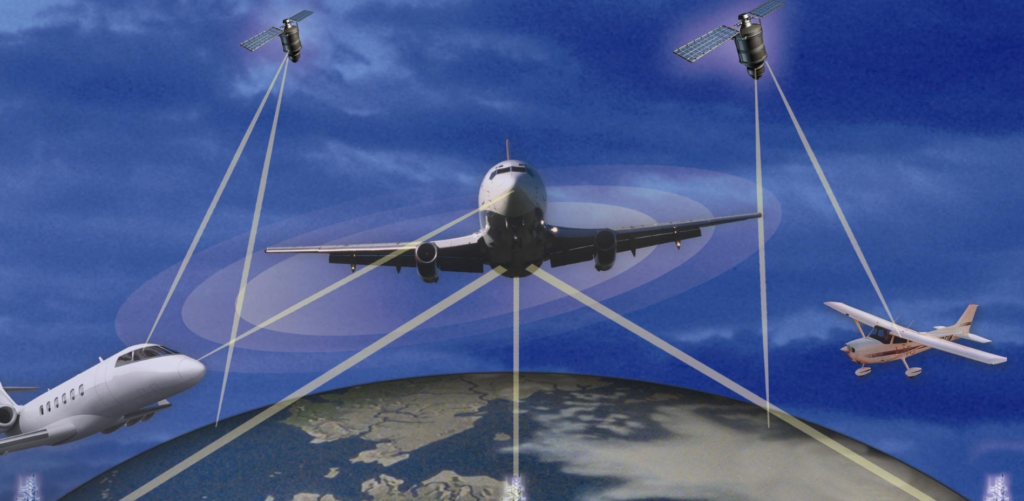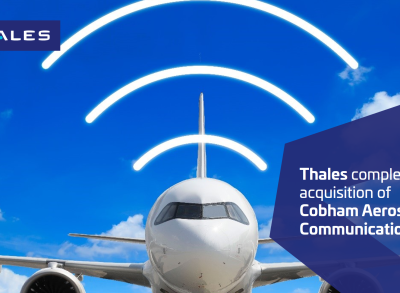Did you know about surveillance mandates around the world?
Guillaume Gaillet, Marketing Manager for the avionics service worldwide activities, explains for OnBoard the challenges airlines are facing to meet the requirements of the surveillance mandates.

What is ADS-B?
ADS-B, or Automatic Dependent Surveillance – Broadcast, is datalink technology impacting aircraft transponders. ADS-B meets the need to transmit an ever increasing amount of information on aircraft parameters to the Air Traffic Control. ADS-B relies on a 1090 Mhz radio signal enabling a larger data transmission capacity than the Mode S, which is still in use.
Though ADS-B has been available on modern transponders for some time, it is only recently that ATCs across the world have started to provide ADS-B based traffic management services and make it mandatory for the aircraft flying over their airspaces. Most of the ADS-B mandates will take effect in 2020, thus triggering a huge demand for retrofitting the existing commercial aircraft fleet in order to become compliant with this technology.
What are the main challenges?
Being compliant with these new surveillance mandates can be quite heavy for our customers because, despite addressing the same technology (ADS-B capable transponders), the requirements can be very different. From one area to the other, the requirements can vary regarding the minimum standard of ADS-B OUT to be used (DO-260 or DO-260B).
There are also differences on the type and quality of information to be provided to the transponders. For instance, the requirements related to the GPS source are stringent for the FAA mandate in the US while in Europe, these requirements are less binding.
There is also a need to check if the mandate applies to a given airline depending on the countries the company is flying to. Some mandates indeed apply to any aircraft flying in a given airspace when others apply only to the locally registered aircraft.
How can airlines meet the ADS-B retrofit targets?
Due to budgetary or time constraints, we have seen numerous small or medium-sized airlines postponing this complex retrofit to a later date. Some rumors letting airlines believe that some of the mandates might be postponed or cancelled, have led to confusion. As a consequence, it is virtually impossible in the US to get an MRO slot in 2019 for this retrofit, with an ADS-B mandate starting January 1st 2020.
Our Account Management and marketing teams are available to help our customers to tackle these retrofit challenges. A wide range of support solutions are offered today to our customers on different platforms: Boeing, Airbus, ATR, and Bombardier Q400, either through Service Bulletins (SB) or Supplemental Type Certificates (STC).
Transponders, TCAS, MMR and TCAS Control Panels can all be impacted. Beyond the material impact on the aircraft, it is also important to become aware of the work to be performed with regards to the airworthiness and operational approvals which can be different from one country to another and whether a SB or STC solution has been selected. Thales stands by its customers to provide the best insight into these issues and processes.
Stay connected with us...
Find us on Twitter @ThalesAerospace, on our official Youtube channel Thales Aerospace and on LinkedIn Thales Aerospace.




